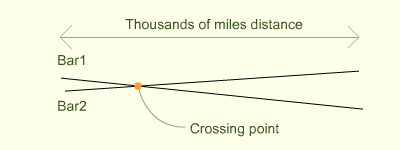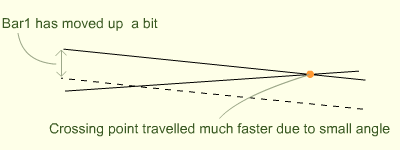Decoding the Universe
by
Charles Seife

ISBN-10: 067003441X
This one is somewhat a sidetrack from the entrepreneurial nature of his blog but I am still putting it since it has got some quote interesting points about… everything. It is a little technical but bearable. Here’s a few highlights:
- It used to be that scientists believed energy was the one unit, building block of the universe. Since we knew that matter turns into energy and vice versa, that seemed understandable. This book has a new proposition for building block – information. Anything contains information about itself and the surroundings and also can be reduced to bits and qubits.
- No information can be transmitted magically for free. It takes time and energy to do so…or rather it takes more information.
- You can’t measure information without altering what you are measuring. If you are measuring light you have to use some of its photons to trigger your measuring device.
- Quantum supposition means that one coin falls heads and tails and rolls at the same time until someone (or something) decides to check the result. At this point all the possible outcomes, by which he defines entropy, collapse into 1 single outcome.
- Charles Seife also proposes a reductionist view of the purpose of our existence: all we are is an organism that keeps randomness from happening by methods (DNA replication) powered mostly by the sun.
- One neuron of a fly can transmit 5bits per millisecon. (: how fascinating!
On a slightly off topic – he also talks of speed of light and why it can’t be overreached and I wonder why this method of transporting information can’t surpass c(c is speed of light): you have 2 bars extremely long, crossed at a very very small angle like so:

As you move bar1 the crossing point will travel along from one end to the other.

The angle of the bar crossing determins basically the speed of travelling of intersection point (information). Now we have a cap which we want to achieve and surpass (speed of light) but we don’t have any limitations on how small the angle is (I mean we are thinking theoretically here). So why can’t we reduce the angle (keeping the movement constant) till we get speed higher than c?
Waiting for comments…

